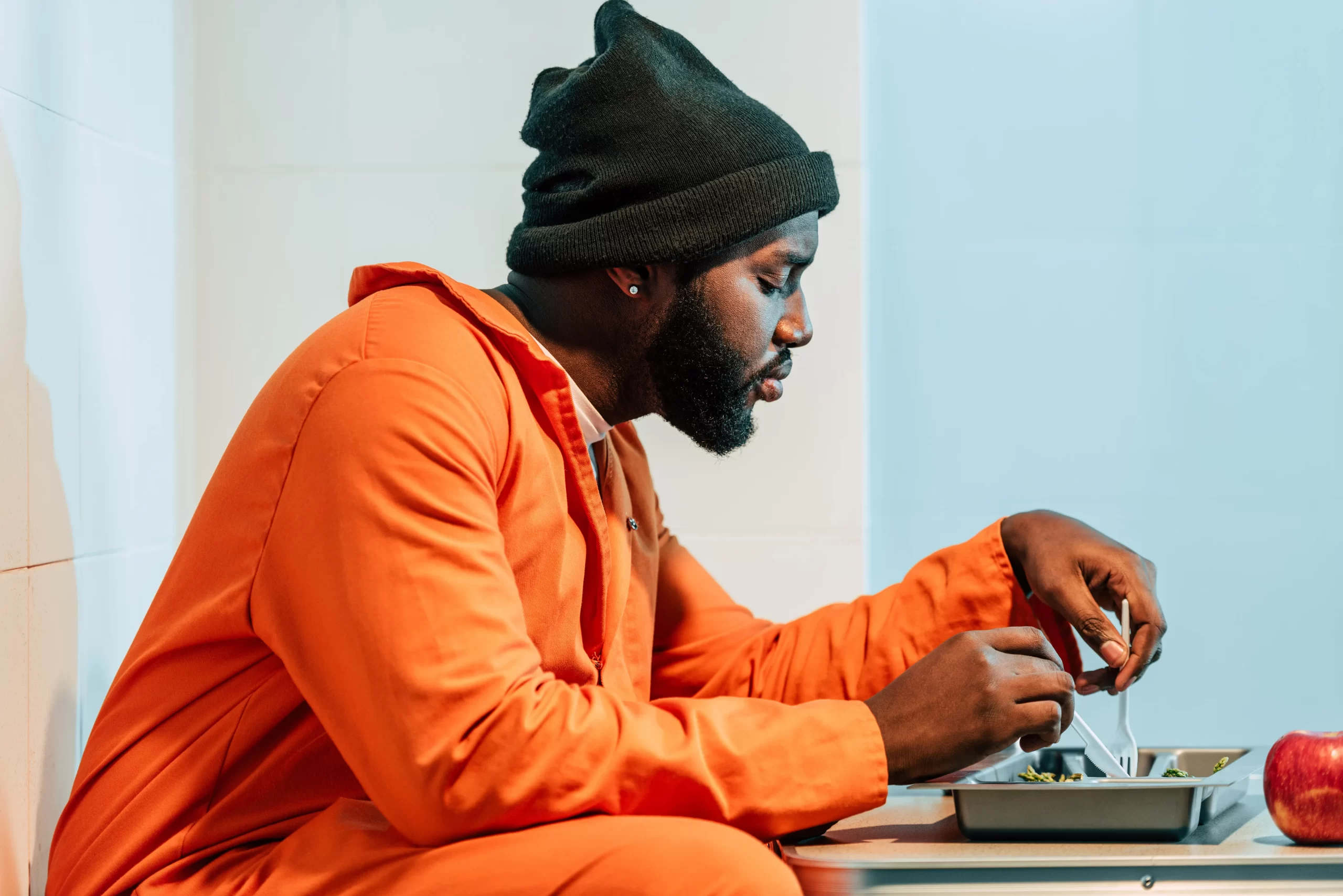Promoting Dignity in Inmate Education
Holacracy in Prison
Holacracy in Prison

I’m a Holacracy nerd. I like the rules. I like the theory. I like the practice. But every now and then, I’m reminded that Holacracy is sometimes just getting someone a chair. That’s what happened earlier this year when I spoke with Jeff Kreh, PhD., President of Likewise College — a Holacracy-powered institution that offers in-person, college-level coursework to prisoners incarcerated for violent crimes.
After Jeff shared an emotional story of how Holacracy practice was profoundly impacting his students’ relationship to power, I asked for an interview so that I could share a story or two with the ecosystem. He was kind enough to grant it.
Chris: Thanks for taking the time, Jeff. For context, how did you hear about Holacracy and how did you decide it would be a good tool to achieve your organization’s purpose?
Jeff: I had been involved with several different businesses and schools, and one of the big values growing up from my religious tradition was autonomy. As I started investigating and trying to find some kind of system out there, I came across this concept of a self-governing organization, where you have distributed autonomy, while there’s still accountability and work gets done. While researching, I came across Brian’s name, went online, watched the TEDx Talk, another couple of videos, then [read] the book, and just instantly fell in love with it. Brian made all these ideas that we have on how to run an organization into a turnkey system. So for us, it was a perfect solution.

Our goal for inmates is to train them to be self-governing in society and give them the skills to become an entrepreneur so that they can go out and succeed. We realized one of the reasons why we see people in prison is because they don’t handle liberty very well. In other words, they don’t make good choices. Not that I make great choices all the time, you know. We all have trouble. But it’s really highlighted in these people’s lives. And so we also wanted to be sure that we were drinking our own Kool-Aid. If we’re going to promise to train someone how to be self-governing in society — and how to be an entrepreneur, and how to get out there and succeed — then we need a Holacracy-based system.
Chris: So, it sounds like autonomy and liberty are some of your guiding principles. Did I hear that right?
Jeff: Yes, although the tension-processing for inmates is a bit indirect since the prison hasn’t adopted Holacracy. It was just us, the educators coming in, and the prisoners we were working with. So the pathways weren’t as direct because we’re interfacing with a complex system with very different cultures at different levels. Most of the inmates are serving life sentences and are subject to complex administrative systems with their own rules and layers. But here’s an example of how tension-processing worked.
One student, Alvin, week after week after week, raised the tension that he didn’t have a chair. And so there was no good place for him to study. And I’d just tell him, “I’d be willing to take that to the chaplain and see if there’s anything that can happen.” And week after week, it was, “No. Can’t happen.”
But he was persistent. Then, two months later, he’s got a chair. Someone delivered it to him. And the next thing you know, he’s moved to a better barracks where he has better light. It seems like a simple thing, but it had a big impact on him.
And as students got used to processing tensions, I’d be asking for feedback and suggestions. 100 times out of 100, I’d take their suggestion to the chaplain, who would go to the warden, who would sometimes run it all the way up to the director. And the answer that would come back down was, “Jeff, that’s the exact right thing.” So, I was able to be the intermediary between a group of men who typically aren’t called on to solve problems and to bring their wisdom and experience to effect change in their own institution.
Chris: Wow. I wouldn’t have thought that the kind of representational tension-processing would normally be a good thing–because that’s already how most conventional companies operate–but I guess it’s all relative. Coming from having no voice at all, to having someone take your concerns and ideas seriously must be a big shift.
Jeff: It is, but it’s not just that, because the meeting process is actually having a powerful effect as well. Let me give you some examples.
First, for the meetings, we’ve made the check-in round mandatory, meaning each person has to share what they’re dealing with. That happened because we had a situation where it was three weeks in a row that a particular student didn’t check-in. We use the Socratic teaching method, which requires a lot of participation and he wasn’t saying anything.
I just caught him off to the side, and he said, “I apologize, my mind has not been on studies these past weeks, because I found out that my grandmother was really sick. Then two weeks ago, just before class, they called me and told me she died. And then this week, I found out I’m not gonna be able to go to the funeral. And she’s the one who raised me,” and he goes into this whole story.
And so I told him, “You never have to share more than you’re comfortable in a check-in round, but I think if you would have at least said, ‘I’ve got some family stuff going on and I’m distracted,’ it would have at least help us interact with you better. And maybe it would have gotten it out of your head.” And since then, we’ve had check-ins like that, just that simple, and they go on, and they engage in the conversation beautifully. And now this practice of just checking-in and saying, “I’m distracted,” or “I’m not distracted,” has become essential to their active participation in their own education.
There is something profoundly dignifying to look a man in the eye and asked him, “Did you get what you need?”
The second example of how the Holacracy meeting process has helped comes from the triage phase [in Tactical meetings], when the facilitator asks, “Did you get what you need?” This is such a simple thing, but actually, these inmates just don’t get asked that question. Some of them have never been asked that question. Ever. By anyone. And I can see the impact that question has on some of them. There is something profoundly dignifying to look a man in the eye and asked him, “Did you get what you need?” Because these guys don’t get that question.
And we’ve been leaning on this rich humanities education to be humanizing, to reinvigorate what it means to be human. And I found that this tactical process was doing the same thing but in a very overt and practical manner. That is, I really think Holacracy and that one question, “Did you get what you need?” and the affirmation of that question has unlocked several of these men in how they view themselves, and how they should be viewing each other. So that’s been a tremendous encouragement to me.
Chris: What a great story. Thanks again Jeff, for taking the time to share it.
Jeff: My pleasure.
Want to learn more about Likewise College? Visit their website: LikewiseCollege.org
To learn more about self-management, join a community of pioneers and check out our e-courses → Self-Management Accelerator
